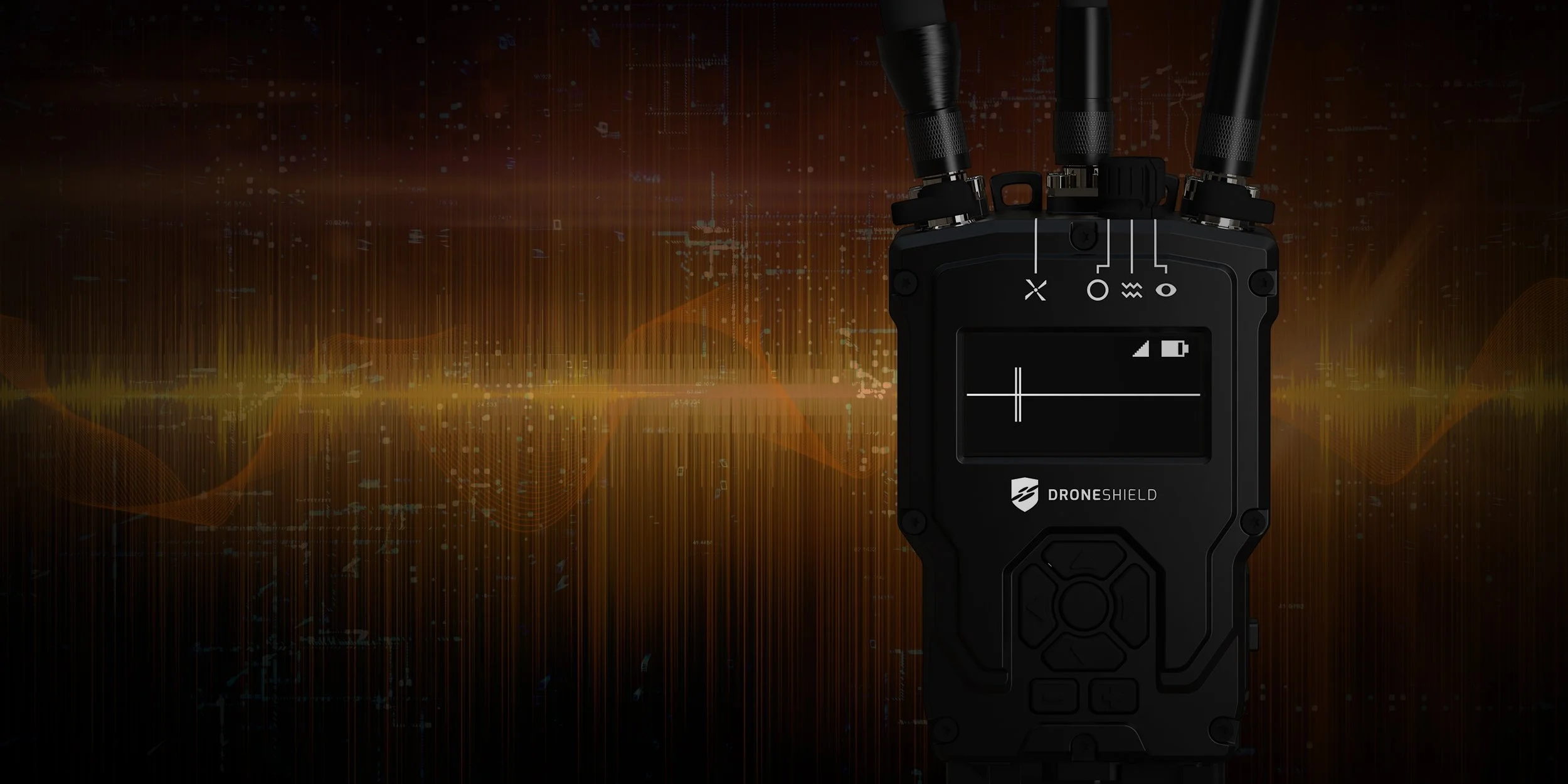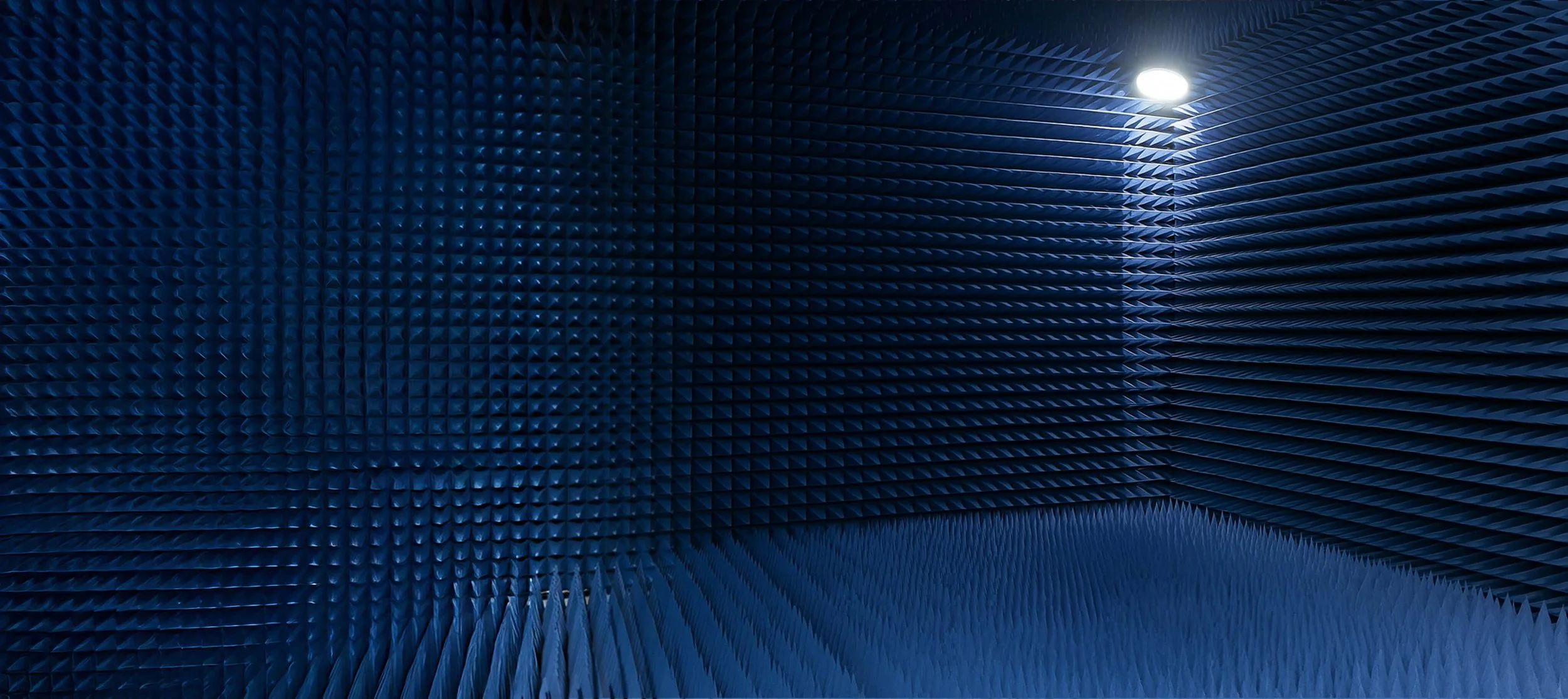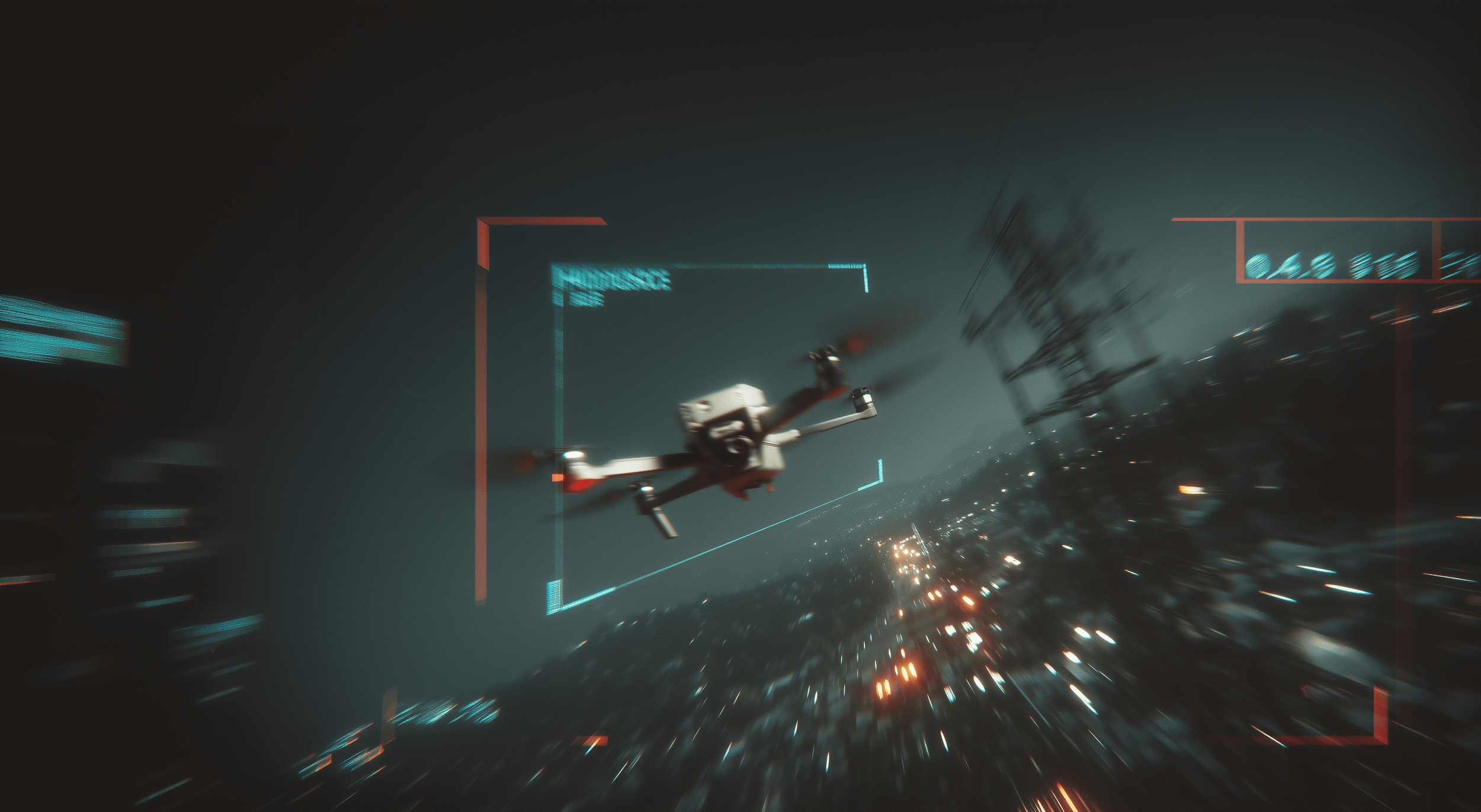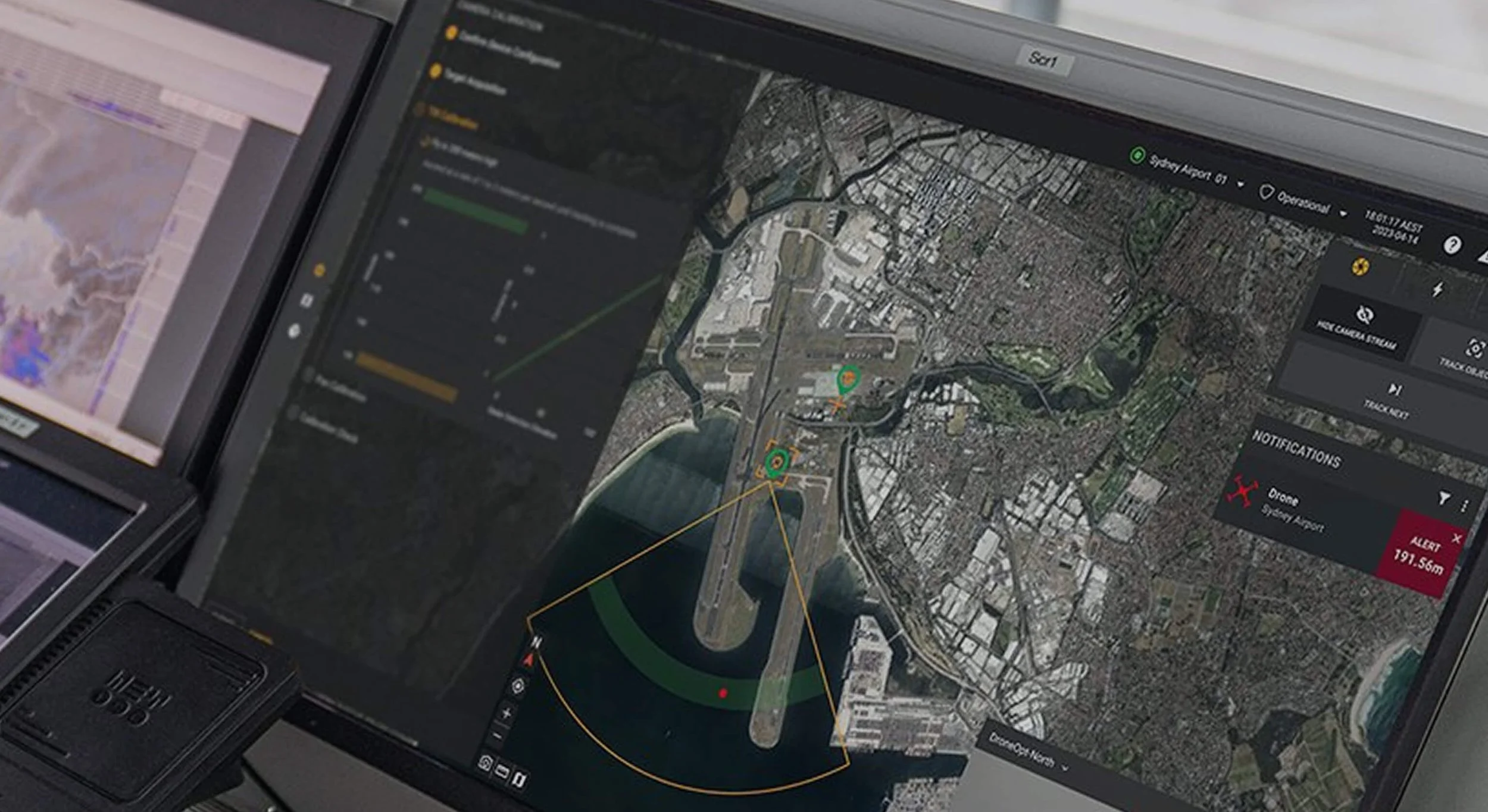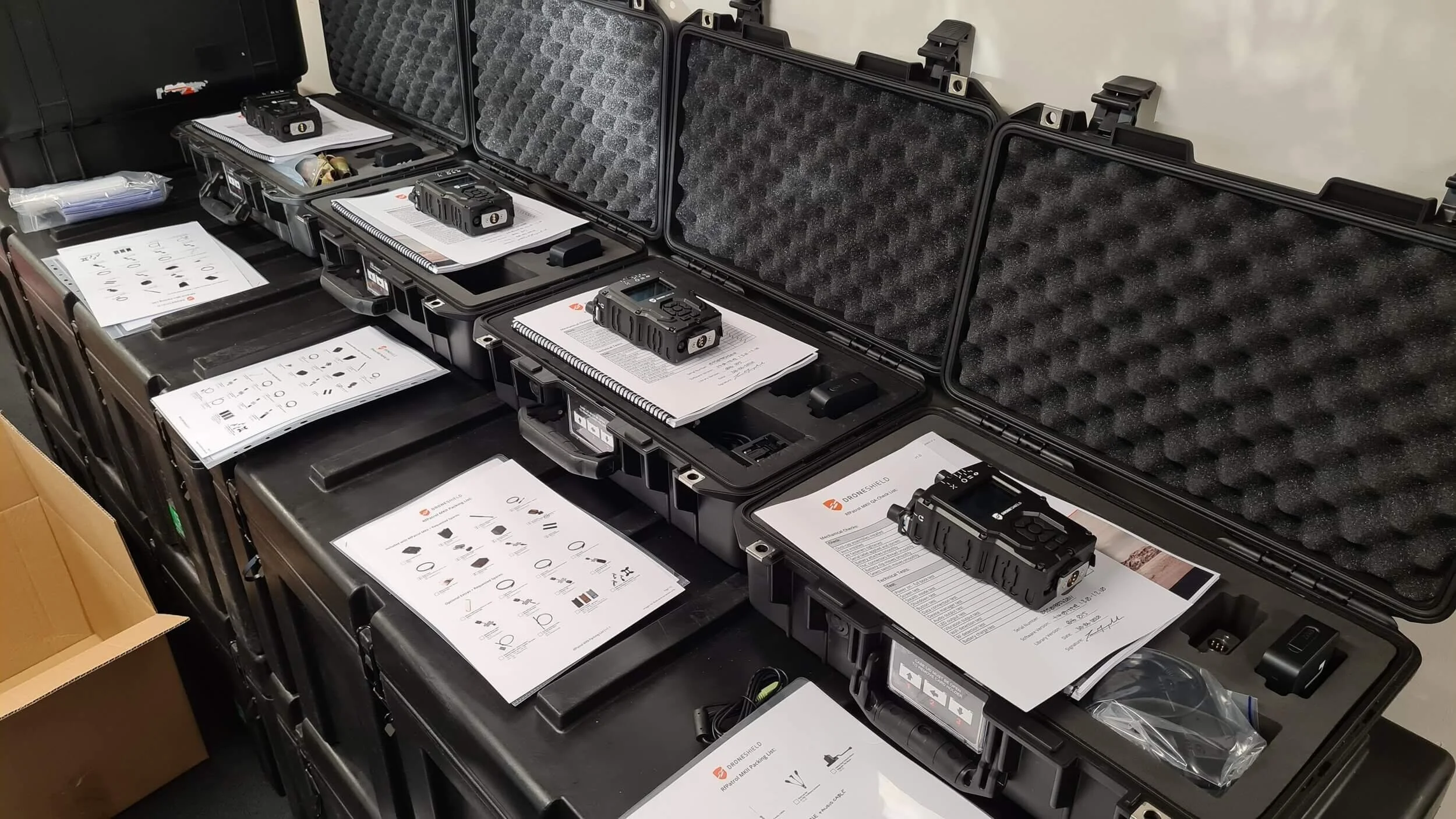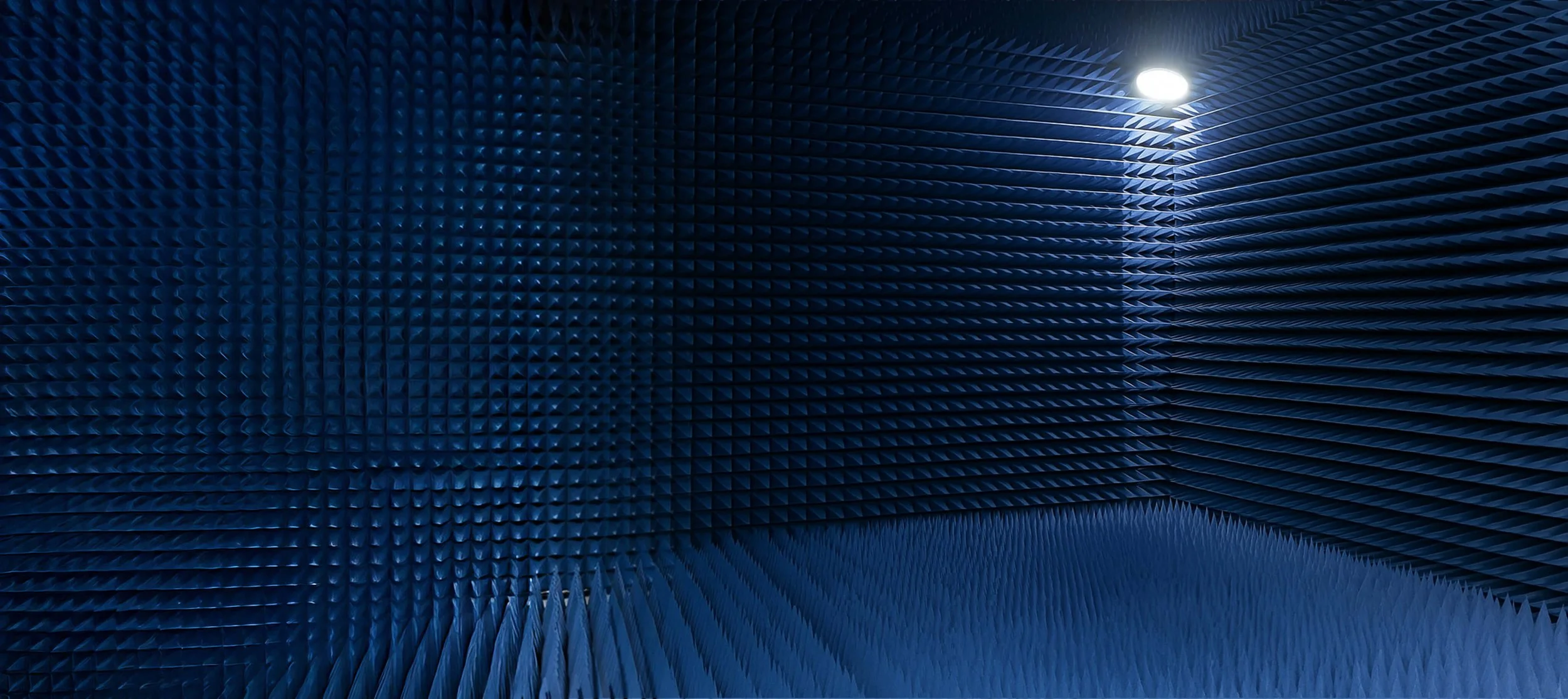CUxS Capabilities
Our cutting-edge capabilities are designed to provide advanced solutions in modern defense and security operations. From electronic warfare and AI-driven identification to sensor fusion and edge computing, DroneShield offers a comprehensive suite of technologies that enhance situational awareness, decision-making, and operational effectiveness. Each capability is tailored to integrate seamlessly into existing defense infrastructures, ensuring mission success in complex environments.
RFAI
RFAI is DroneShield’s cutting-edge AI-powered radio frequency (RF) detection engine designed to detect known and unknown drones in real-time. It delivers unparalleled situational awareness and adaptable defense for military, security, public safety, and critical infrastructure operations.
Sensor Fusion AI
Sensor Fusion AI combines data from multiple sensor modalities, improving situational awareness and accuracy in threat detection and classification.
Electronic Warfare
Electronic Warfare (EW) capabilities enable operators to detect, disrupt, and neutralize hostile communication and control systems. Designed for modern conflict environments, our EW solutions ensure operational superiority against evolving threats.
AI Identification
Our AI-driven identification technology enables real-time classification and tracking of threats, ensuring precise situational awareness for defense and security operations.
Edge Computing
Our edge computing solutions enable rapid data processing at the point of collection, reducing latency and enhancing autonomous decision-making in mission-critical environments.
System Integration
Seamlessly integrate our advanced defense technologies into existing security and operational infrastructure.
RFAI-ATK
RFAI-ATK enables DroneShield’s next-generation software-based targeted disruption for precise waveform defeat. It targets specific radio frequency (RF) protocols for efficient and accurate CUxS capabilities.
Essential Insights
Stay Ahead of Evolving Threats: Access our CUAS Factbook
Essential insights on counter-drone
technology and emerging threats


